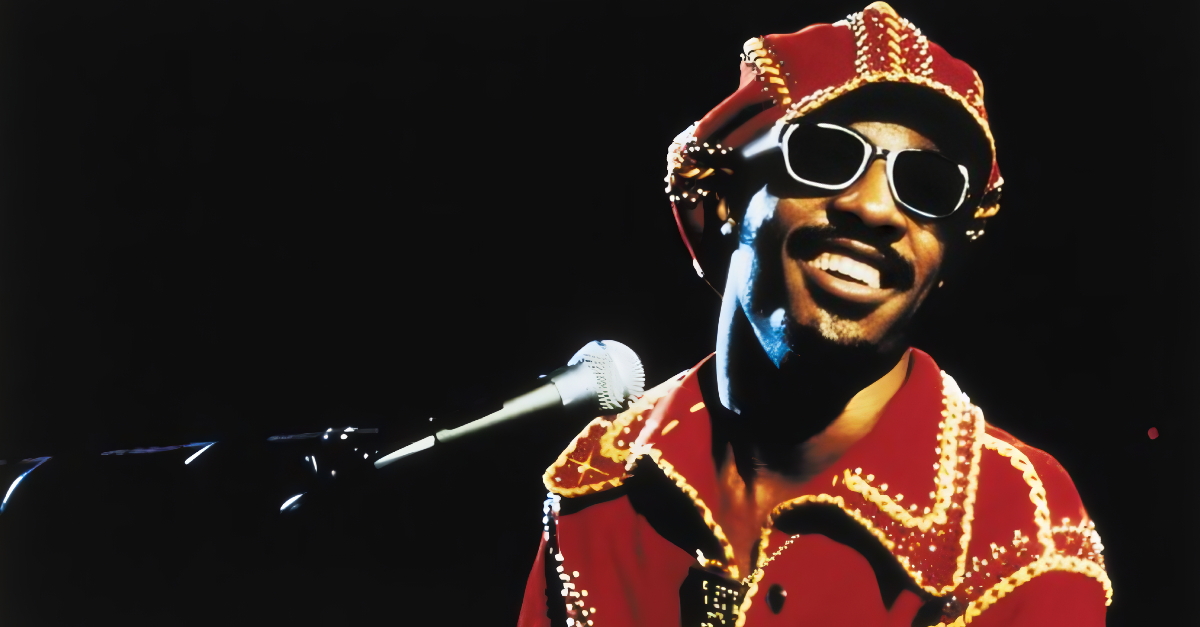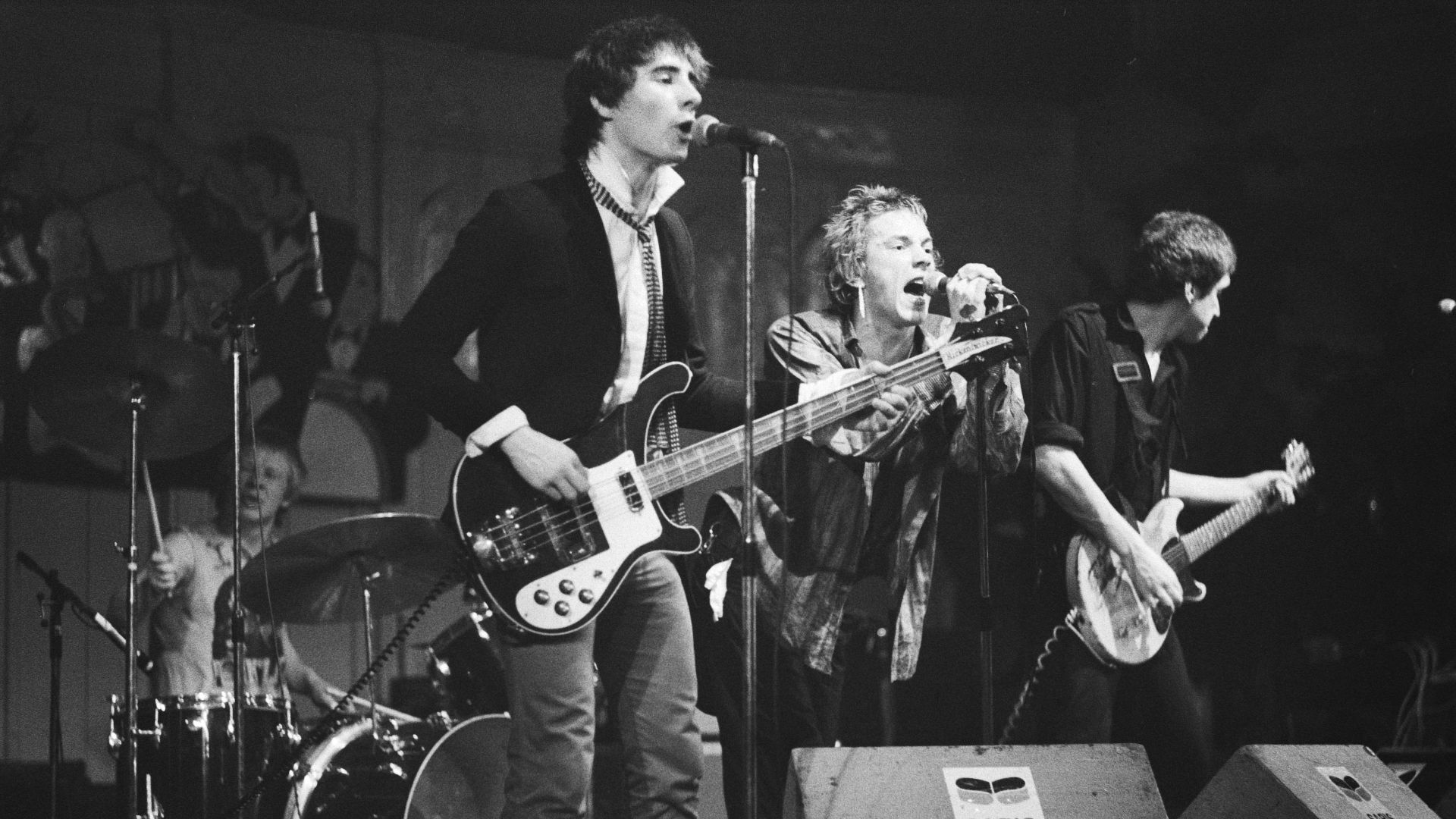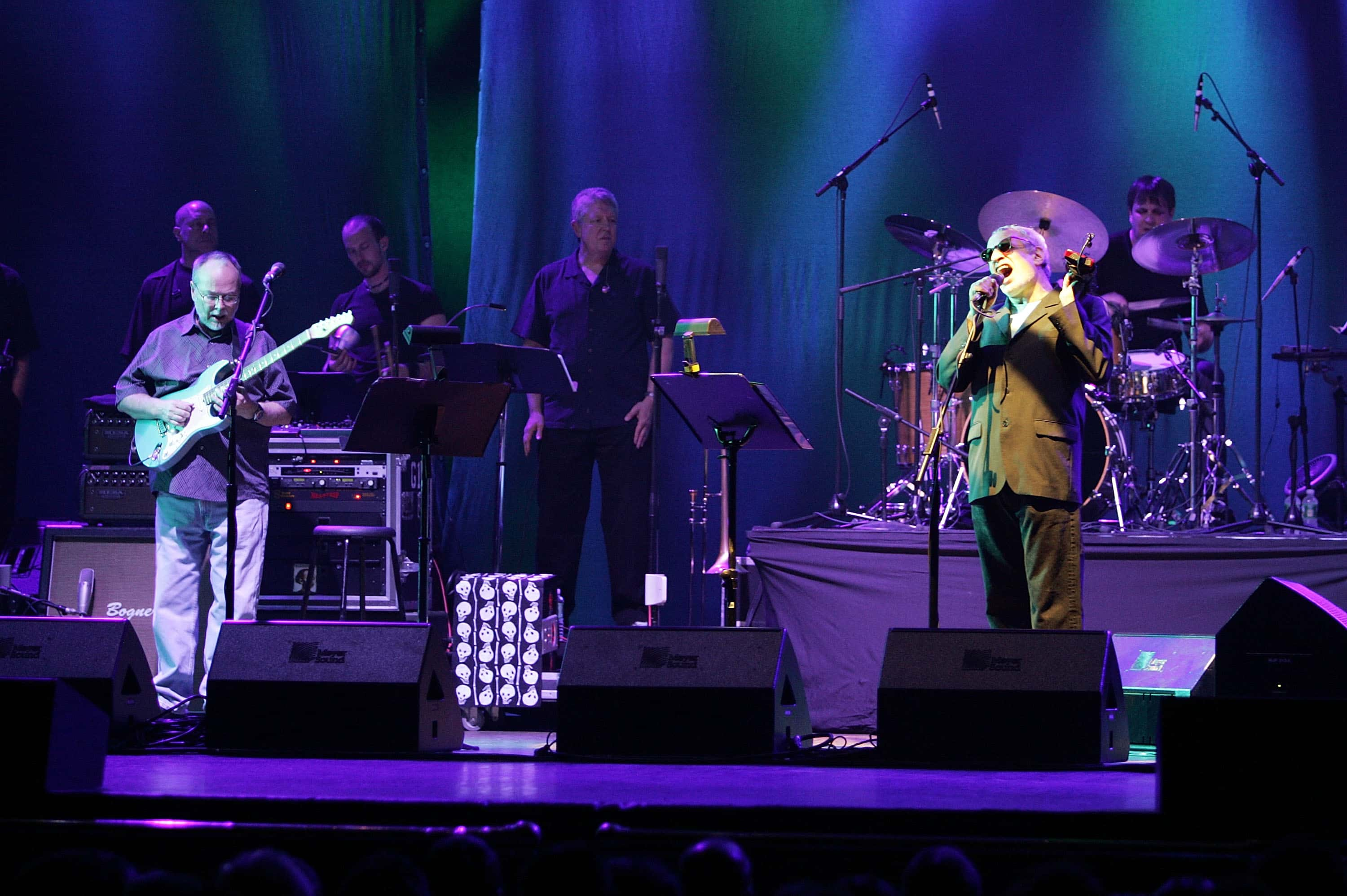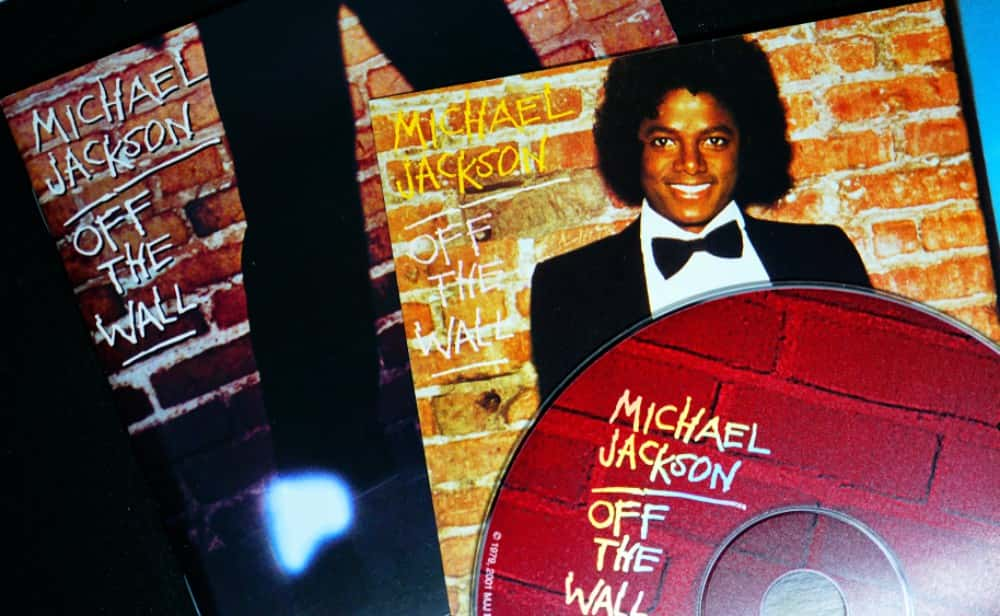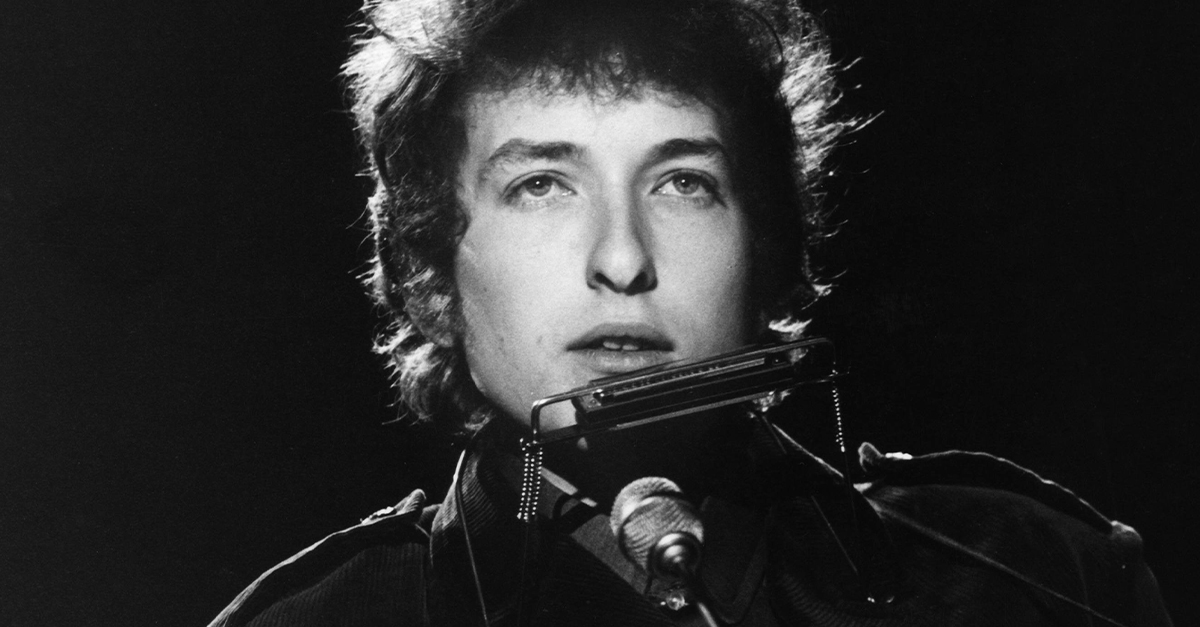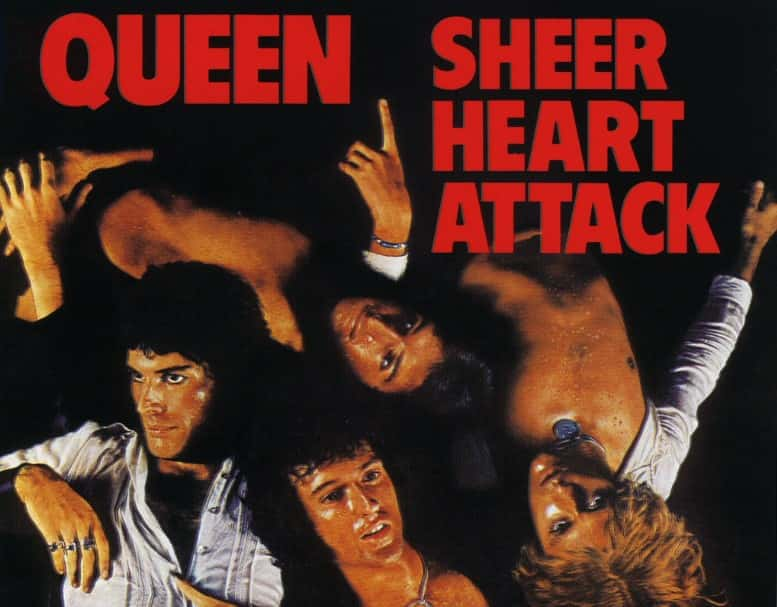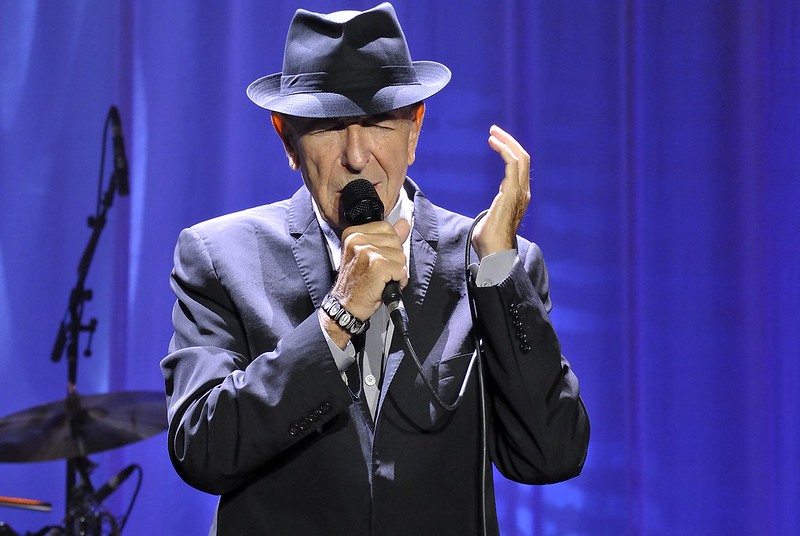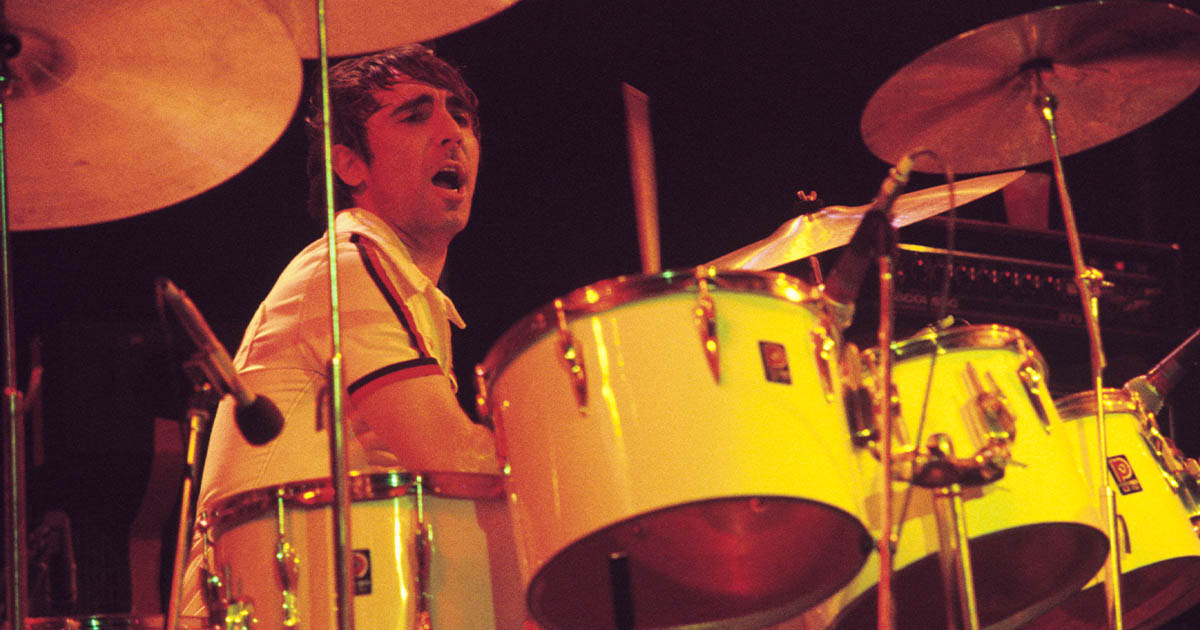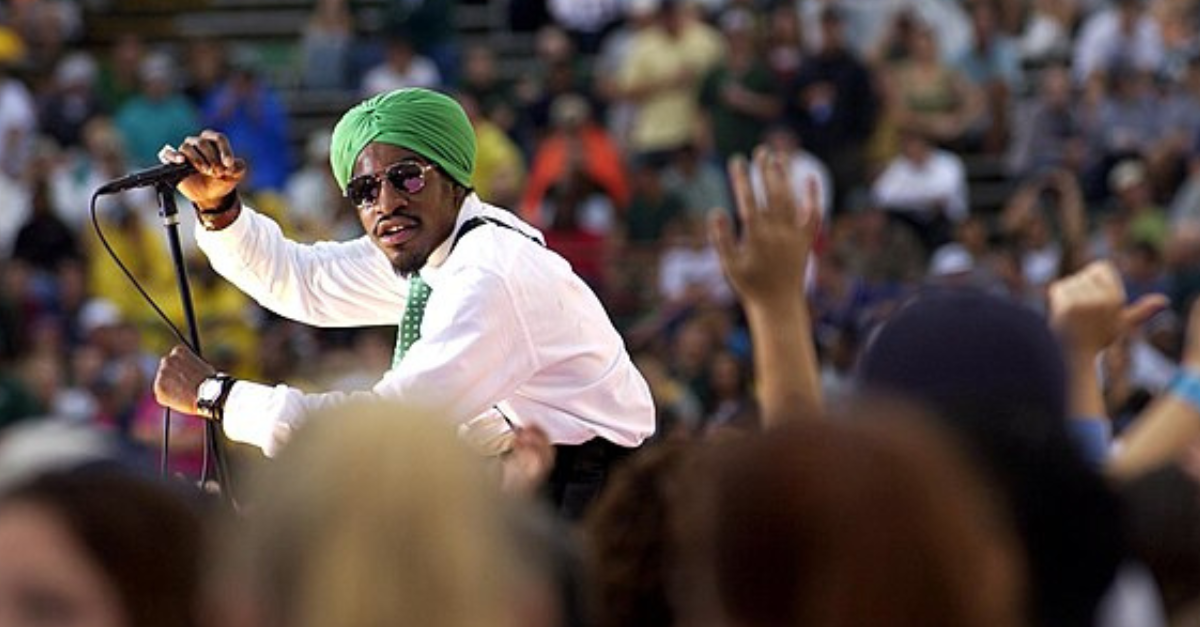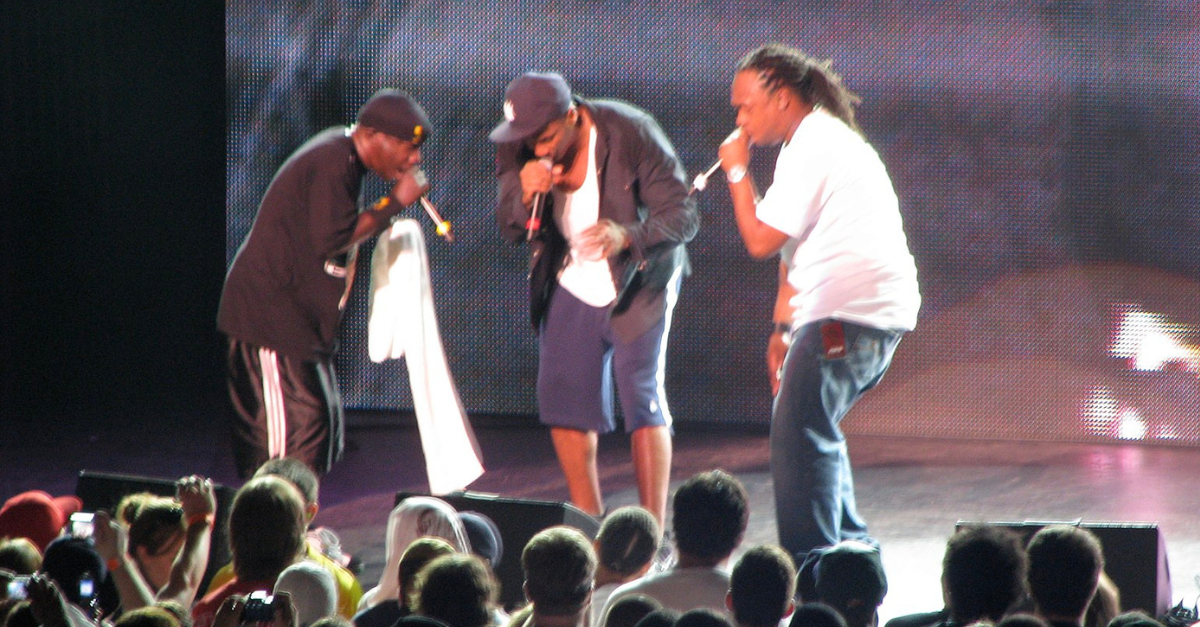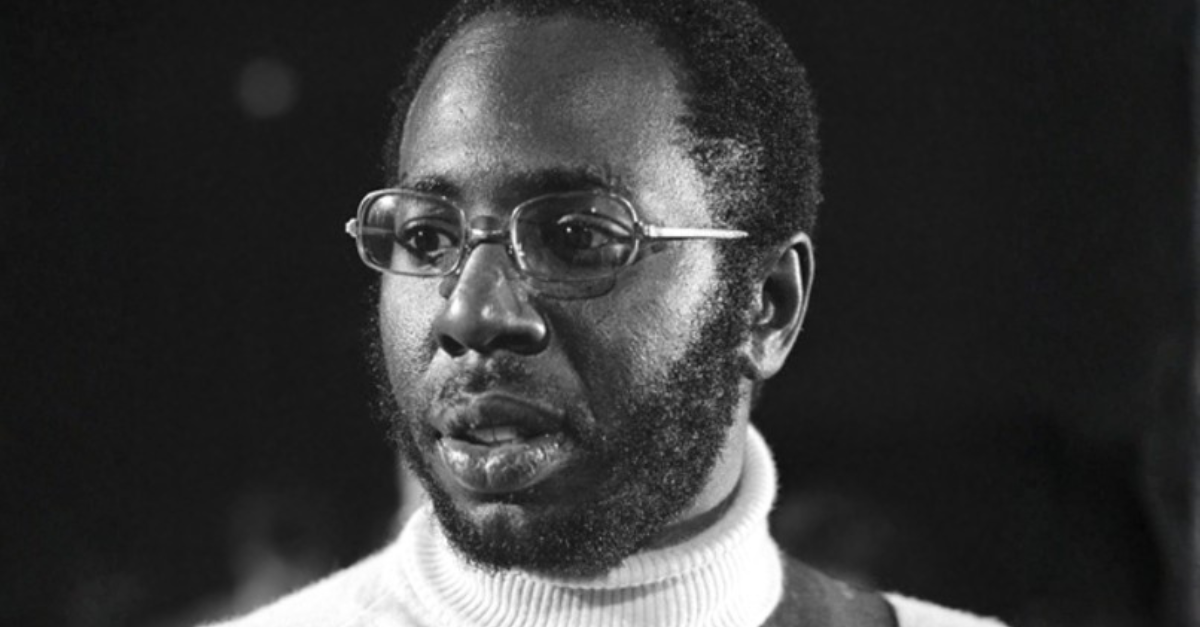Groove Back in Time
The 1970s were a wild ride—disco balls, bell bottoms, and albums that still spin strong today. Some became stone-cold classics, others were hidden gems that quietly shaped music history. From chart-topping blockbusters to underground essentials, these records defined the decade—and the grooves (pun totally intended) still hold up.
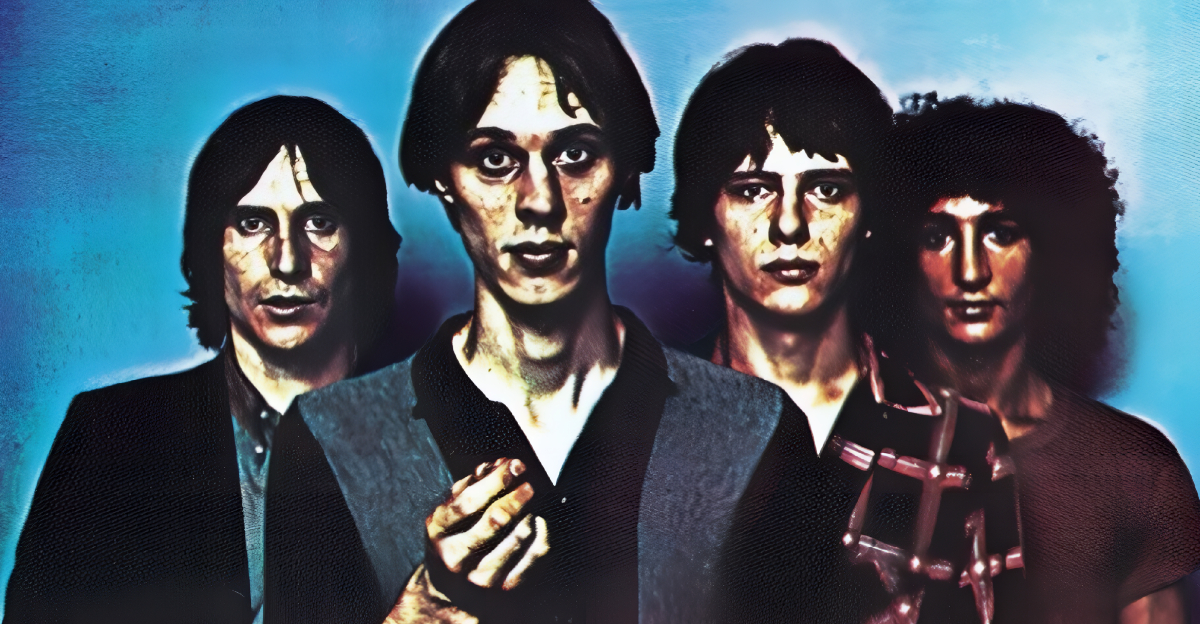
"Rumours" (Fleetwood Mac, 1977)
Fleetwood Mac turned their tangled relationships into pop brilliance. During recording, Stevie Nicks and Lindsey Buckingham split, Christine and John McVie divorced, and Mick Fleetwood’s marriage collapsed. Songs like Go Your Own Way and Dreams came straight from that turmoil. Christine McVie admitted, “We were all writing about each other.”
 Fleetwood Mac - Go Your Own Way (Official Music Video) [HD Remaster] by Fleetwood Mac
Fleetwood Mac - Go Your Own Way (Official Music Video) [HD Remaster] by Fleetwood Mac
"Hotel California" (Eagles, 1976)
Few riffs are more recognizable than the title track. Hotel California topped Billboard in 1977 and has sold over 32 million copies worldwide. Don Henley explained the song was “a metaphor for the dark underbelly of the American dream”—a haunting reflection of 1970s excess and disillusionment.
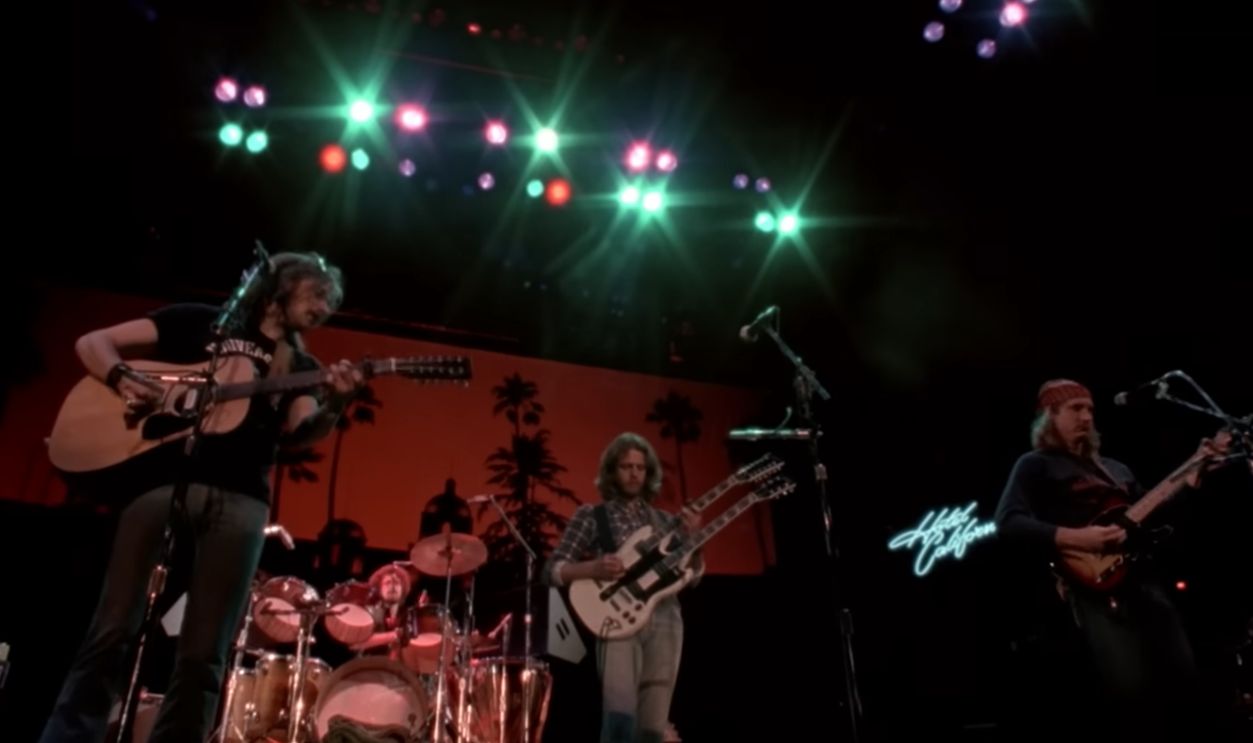 Eagles - Hotel California (Live 1977) (Official Video) [HD], Eagles
Eagles - Hotel California (Live 1977) (Official Video) [HD], Eagles
"Dark Side of the Moon" (Pink Floyd, 1973)
Pink Floyd’s masterpiece stayed on the Billboard 200 for 741 weeks. Dark Side of the Moon used sound effects, concept themes, and progressive rock experimentation to explore life, death, and madness. Engineer Alan Parsons later admitted, “We didn’t realize it would change everything.”
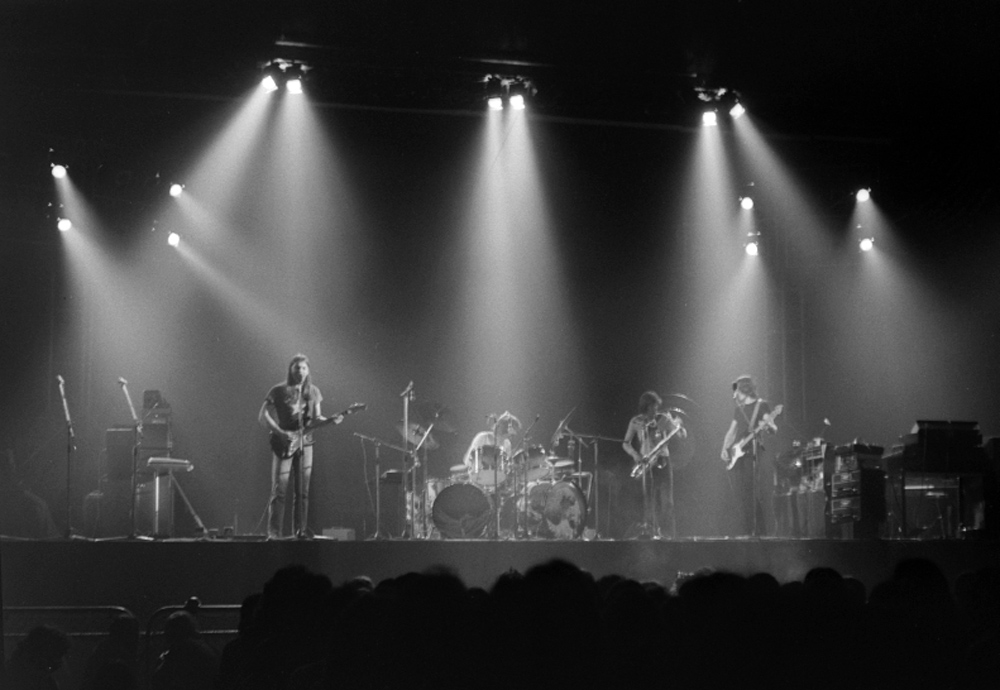 TimDuncan, CC BY 3.0, Wikimedia Commons
TimDuncan, CC BY 3.0, Wikimedia Commons
"Saturday Night Fever" (Bee Gees, 1977)
The Bee Gees’ soundtrack sold over 40 million copies and made disco a global phenomenon. Songs like Stayin’ Alive turned dance floors into cultural landmarks. Barry Gibb recalled, “We thought disco would be a moment—suddenly, it was the whole world.”
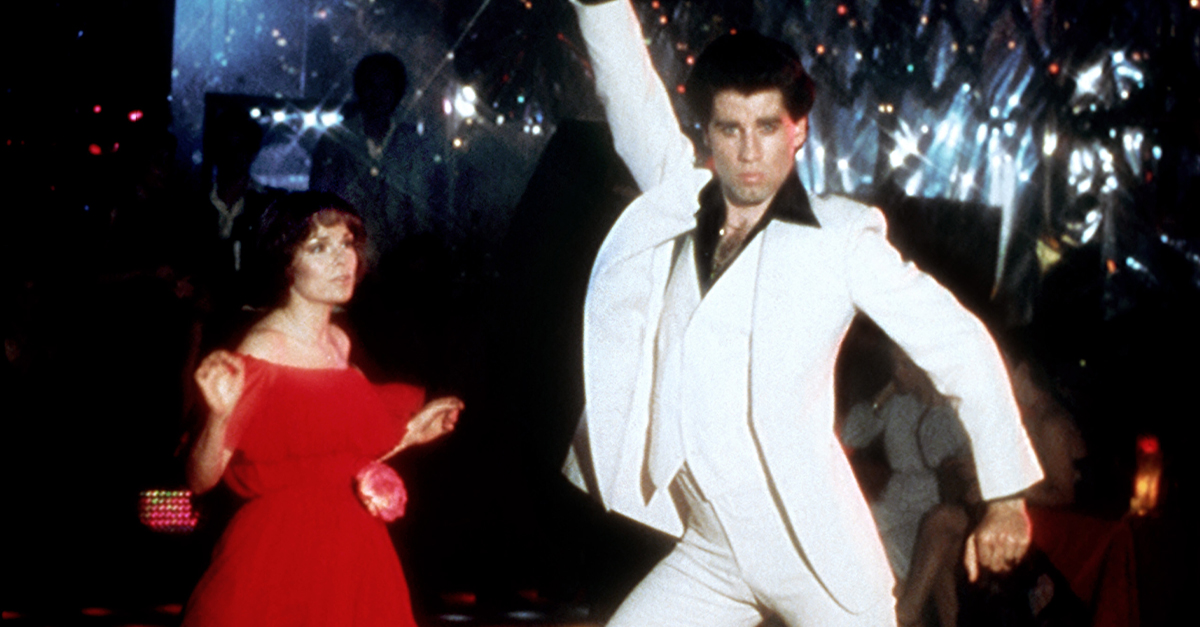 Michael Ochs Archives, Getty Images
Michael Ochs Archives, Getty Images
"Harvest" (Neil Young, 1972)
Neil Young’s Harvest became the best-selling album of 1972 in the U.S., led by Heart of Gold. It topped the Billboard 200 and sold over 10 million copies. Young admitted, “That’s the one record people always want to talk about.”
"Exile on Main St." (The Rolling Stones, 1972)
Recorded in a French villa while dodging tax collectors, The Rolling Stones crafted Exile on Main St.—a raw double-album classic. It peaked at No. 1 in both the U.S. and U.K. Keith Richards called it, “the heart of what the Stones are about.”
"Never Mind the Bollocks" (Sex Pistols, 1977)
Punk exploded with this furious LP. Never Mind the Bollocks hit No. 1 in the U.K., shocking critics and fans alike. Johnny Rotten snarled, “We mean it, man,” and millions believed him. Punk wasn’t just music anymore—it was a cultural revolution.
"Born to Run" (Bruce Springsteen, 1975)
Bruce Springsteen poured heart and grit into Born to Run. It peaked at No. 3 on Billboard and landed him on the covers of Time and Newsweek in the same week. Springsteen declared, “This record is going to save me.” He was right.
 Bruce Springsteen - Born to Run (Official Video), Bruce Springsteen
Bruce Springsteen - Born to Run (Official Video), Bruce Springsteen
"A Night at the Opera" (Queen, 1975)
Queen’s fourth album went platinum thanks to Bohemian Rhapsody. Freddie Mercury described it as “pure camp and pure theater.” The record’s mix of hard rock, ballads, and operatic excess cemented Queen as one of the 1970s’ most inventive forces.
 Queen – Bohemian Rhapsody Official Video Remastered by MUSIC OF THE GREAT
Queen – Bohemian Rhapsody Official Video Remastered by MUSIC OF THE GREAT
"London Calling" (The Clash, 1979)
London Calling blended punk, reggae, and rockabilly into a double album masterpiece. It sold over two million copies and still tops critics’ lists. Joe Strummer explained, “We felt we were struggling for survival—and the music reflected that.”
 The Clash - London Calling (Official HD Video) by The Clash
The Clash - London Calling (Official HD Video) by The Clash
"Parallel Lines" (Blondie, 1978)
Debbie Harry and Blondie brought new wave into the mainstream. Parallel Lines hit No. 1 in the U.K. and gave us Heart of Glass. Harry later said, “It was the right album at the right time.”
 Blondie - Heart Of Glass, BlondieMusicOfficial
Blondie - Heart Of Glass, BlondieMusicOfficial
"Tapestry" (Carole King, 1971)
Carole King’s Tapestry spent 15 weeks at No. 1 and sold over 25 million copies worldwide. Songs like It’s Too Late and You’ve Got a Friend defined the singer-songwriter era. King reflected, “I just wrote what I felt—and it resonated everywhere.”
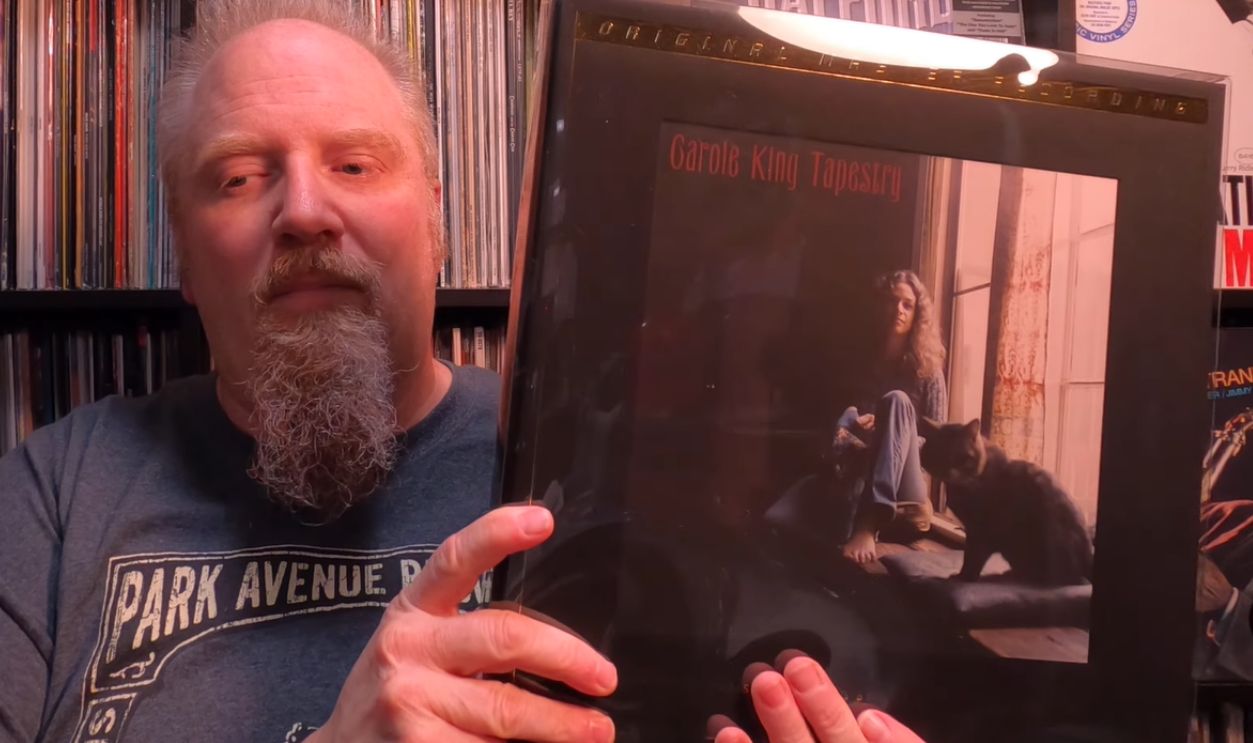 SOUND QUALITY SHOOTOUT Carol King Tapestry, True Audiofiles
SOUND QUALITY SHOOTOUT Carol King Tapestry, True Audiofiles
"Aja" (Steely Dan, 1977)
Steely Dan’s Aja was an audiophile’s dream. Featuring jazz legend Wayne Shorter, it went double platinum and earned a Grammy. Donald Fagen admitted, “We were chasing perfection.” In the process, they crafted one of the slickest albums of the ’70s.
"Fragile" (Yes, 1971)
Yes turned prog rock into art with Fragile. Powered by Roundabout, it hit the Billboard Top 5. Rick Wakeman later said, “We weren’t trying to be commercial—we were trying to be good.” The result was both.
 Yes - Roundabout (Live At The Apollo), Mercury Studios
Yes - Roundabout (Live At The Apollo), Mercury Studios
"Goodbye Yellow Brick Road" (Elton John, 1973)
This double album included Bennie and the Jets, Candle in the Wind, and the title track. It spent eight weeks at No. 1 in the U.S. Elton John reflected, “That was the album where everything clicked.”
 Elton John - Bennie And The Jets (Red Piano Show - Live in Las Vegas), Elton John
Elton John - Bennie And The Jets (Red Piano Show - Live in Las Vegas), Elton John
"Low" (David Bowie, 1977)
David Bowie began his Berlin Trilogy with Low, recorded with Brian Eno. The album peaked at No. 2 in the U.K. and influenced future electronic artists. Bowie later called it, “an oddball, but it opened the door to new possibilities.”
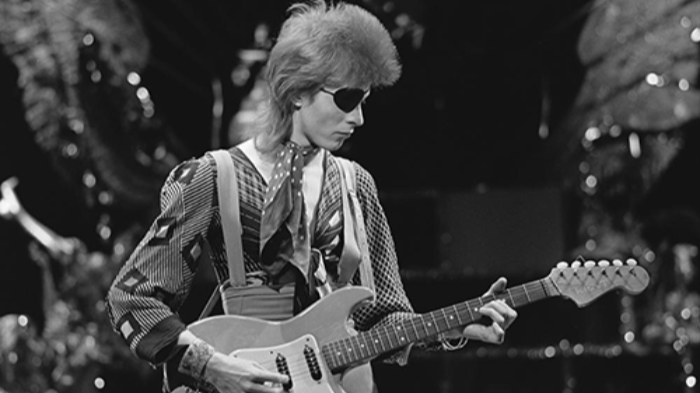 AVRO, CC BY-SA 3.0, Wikimedia Commons
AVRO, CC BY-SA 3.0, Wikimedia Commons
"Highway to Hell" (AC/DC, 1979)
Highway to Hell became AC/DC’s U.S. breakthrough, peaking at No. 17 on Billboard. It was Bon Scott’s final album before his death in 1980. Angus Young recalled, “Bon was on fire—we didn’t know it would be his last ride.”
 AC/DC - Highway to Hell (Official Video), AC/DC
AC/DC - Highway to Hell (Official Video), AC/DC
"Déjà Vu" (Crosby, Stills, Nash & Young, 1970)
Déjà Vu hit No. 1 on Billboard and went platinum, anchored by Teach Your Children and Woodstock. David Crosby later said, “That was the best thing we ever did together.”
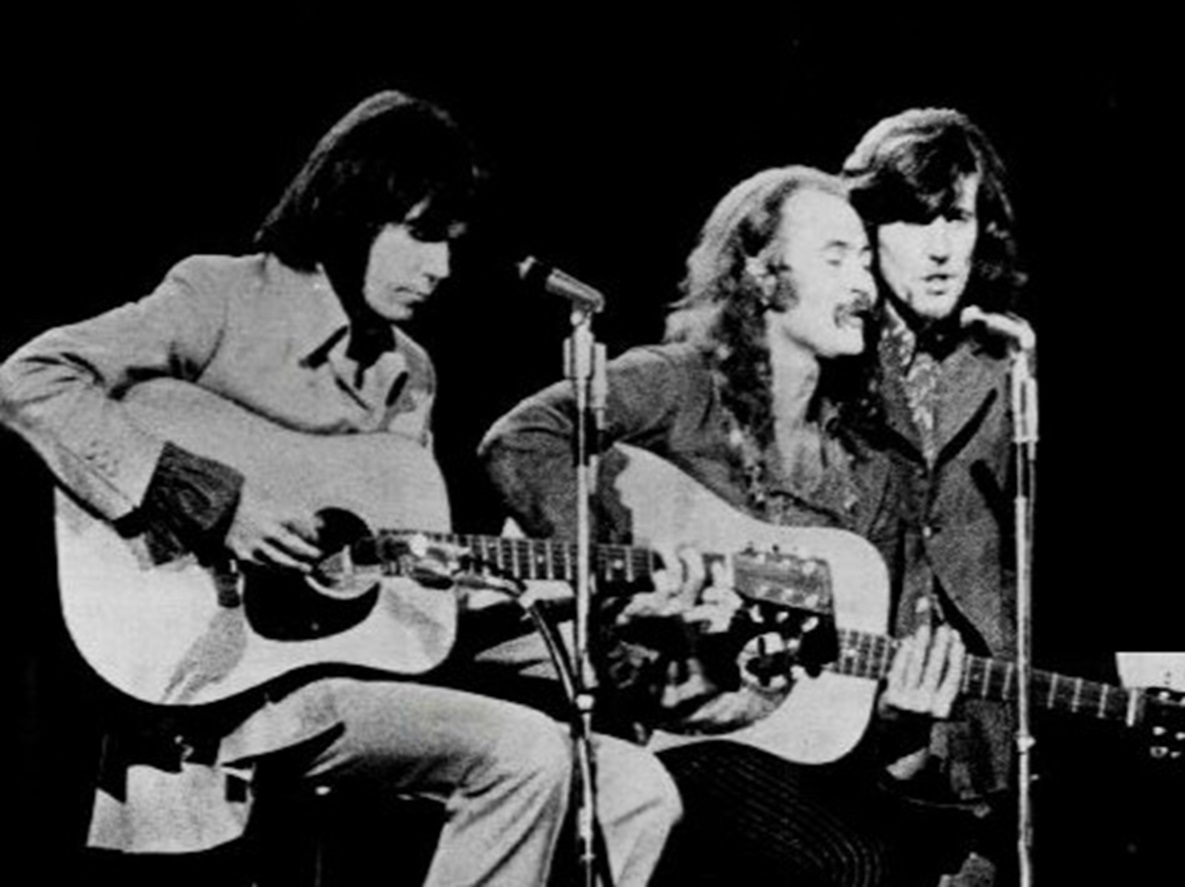 CMA, Atlantic Records, Wikimedia Commons
CMA, Atlantic Records, Wikimedia Commons
"Off the Wall" (Michael Jackson, 1979)
Before Thriller, there was Off the Wall. It sold over 20 million copies worldwide and won MJ his first solo Grammy. Michael Jackson explained, “That’s the record where I came of age.”
"Who's Next" (The Who, 1971)
From Baba O’Riley to Won’t Get Fooled Again, The Who’s Who’s Next became arena rock’s gold standard. It peaked at No. 4 in the U.S. Pete Townshend later called it, “our best album.”
"Marquee Moon" (Television, 1977)
Though not a huge seller, Marquee Moon became a critics’ darling and blueprint for post-punk. The title track stretched ten minutes of intricate guitar work. Tom Verlaine said, “We wanted to take rock somewhere it hadn’t been before.”
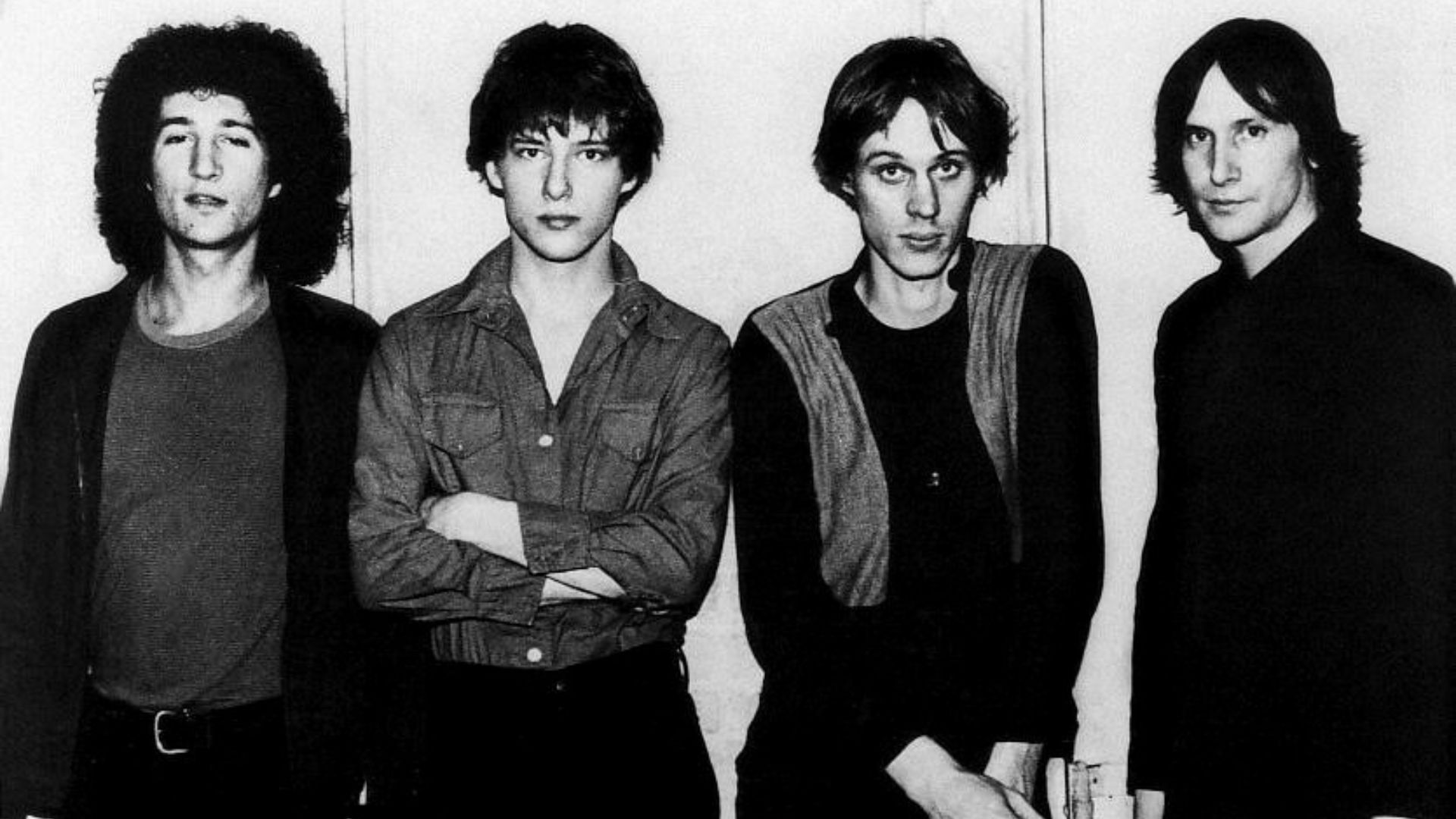 Photograph by Roberta Bayley. Distributed by Elektra Records., Wikimedia Commons
Photograph by Roberta Bayley. Distributed by Elektra Records., Wikimedia Commons
"Innervisions" (Stevie Wonder, 1973)
Innervisions won the Grammy for Album of the Year in 1974. Songs like Living for the City mixed funk with biting social commentary. Stevie Wonder explained, “It represented the way I see the world.”
 Stevie Wonder - Living For The City (1974) | LIVE, Musikladen
Stevie Wonder - Living For The City (1974) | LIVE, Musikladen
"The Rise and Fall of Ziggy Stardust" (David Bowie, 1972)
Bowie’s alter ego Ziggy changed rock forever. Ziggy Stardust peaked at No. 5 in the U.K. Bowie later admitted, “Ziggy wouldn’t leave me alone for years.” Glam rock had found its immortal star.
"Close to the Edge" (Yes, 1972)
With just three sprawling tracks, Close to the Edge became prog rock’s high-water mark. It hit the Top 5 in both the U.S. and U.K. Jon Anderson explained, “We wanted to go to the edge—and we did.”
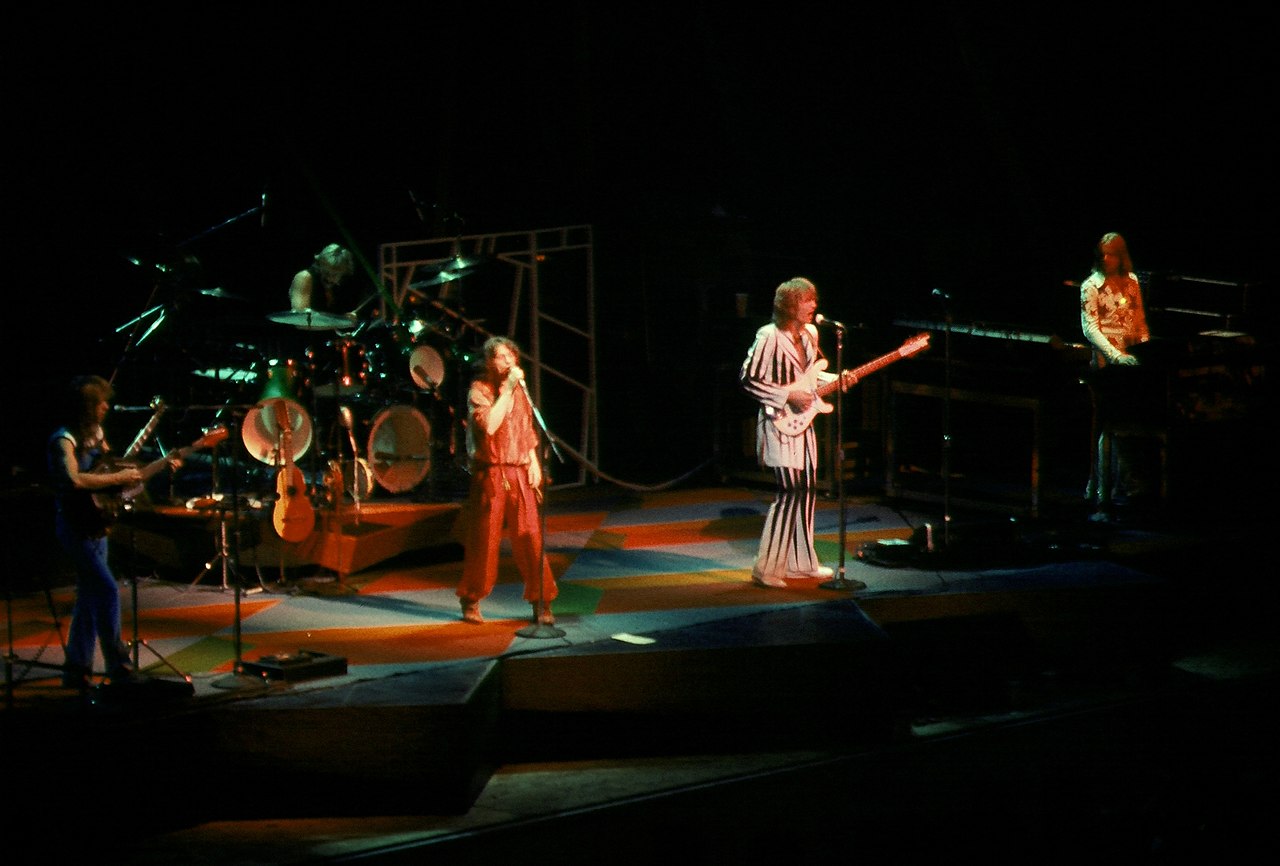 Rick Dikeman, CC BY-SA 3.0, Wikimedia Commons
Rick Dikeman, CC BY-SA 3.0, Wikimedia Commons
"Blood on the Tracks" (Bob Dylan, 1975)
Bob Dylan returned to form with Blood on the Tracks, widely hailed as his breakup masterpiece. It hit No. 1 on Billboard. Dylan later said, “A lot of it is true, but not all of it.”
"Songs in the Key of Life" (Stevie Wonder, 1976)
This double album debuted at No. 1 and stayed there for 14 weeks. Isn’t She Lovely and Sir Duke became instant classics. Elton John once said, “I think it’s the best album ever made.”
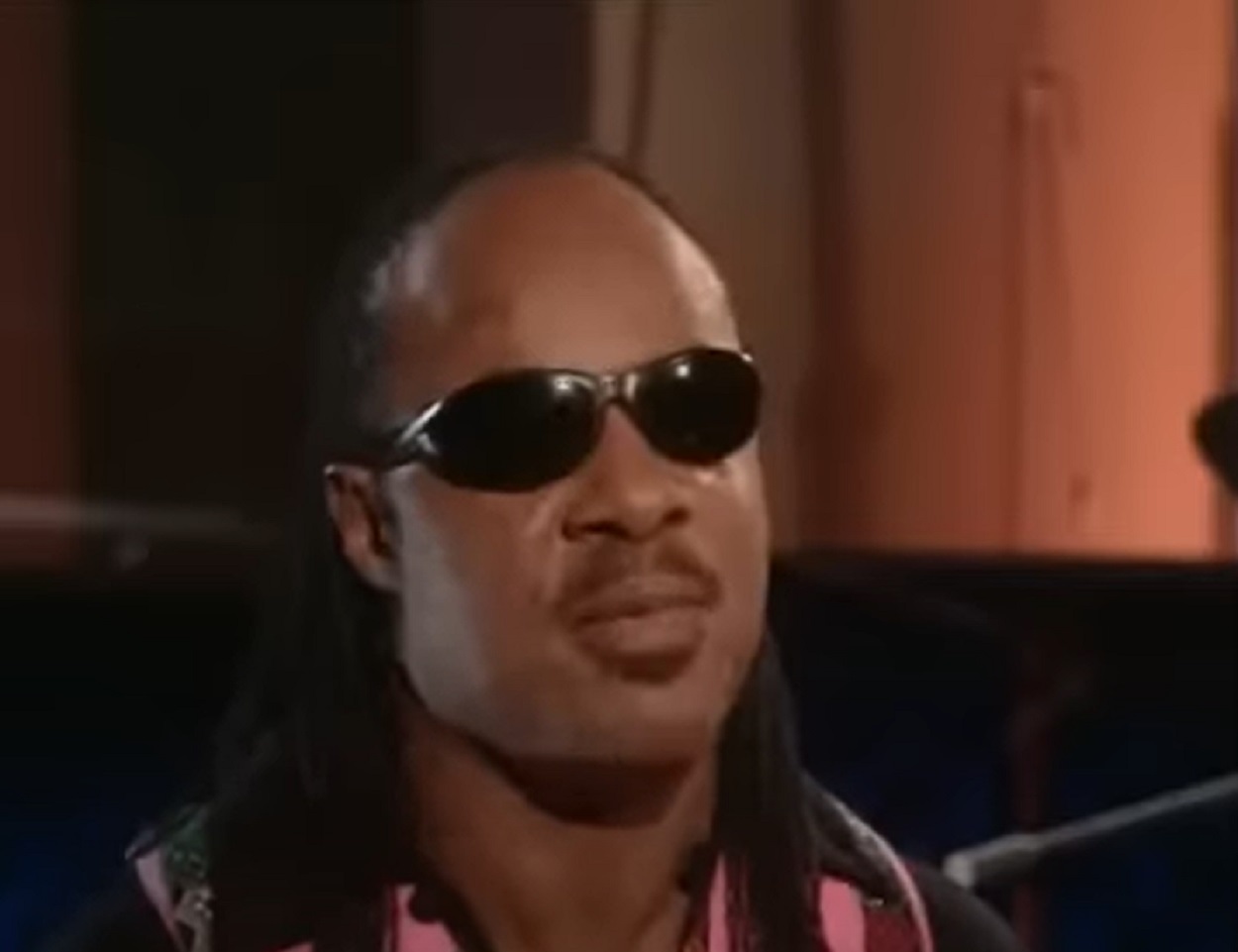 Leon Knoles, Stevie Wonder - Songs In The Key of Life (2015)
Leon Knoles, Stevie Wonder - Songs In The Key of Life (2015)
"Rocks" (Aerosmith, 1976)
Aerosmith’s Rocks influenced everyone from Slash to James Hetfield. It hit the Top 5 on Billboard and cemented their status as America’s hard rock kings. Joe Perry recalled, “That was the album we wanted to make—raw and dangerous.”
 The Crown Jewels - Ep. 16 - Aerosmith "Rocks" (1976 US), University Of Vinyl
The Crown Jewels - Ep. 16 - Aerosmith "Rocks" (1976 US), University Of Vinyl
"Machine Head" (Deep Purple, 1972)
Featuring Smoke on the Water, Deep Purple’s Machine Head defined heavy rock riffs. It peaked at No. 7 in the U.S. Ritchie Blackmore admitted, “We thought it was just another riff—turned out it was the riff heard around the world.”
 Deep Purple - Smoke On The Water (Live) by Deep Purple Official
Deep Purple - Smoke On The Water (Live) by Deep Purple Official
"Sheer Heart Attack" (Queen, 1974)
Queen’s Sheer Heart Attack hit the U.K. Top 10 and introduced the world to Killer Queen. Freddie Mercury said, “That was the turning point.” The band’s eclectic style set the stage for superstardom.
"Van Halen" (Van Halen, 1978)
Van Halen’s debut reinvented guitar rock. Eddie’s Eruption solo stunned the world. The album went multi-platinum, peaking at No. 19. David Lee Roth said, “We came out swinging.”
 Van Halen - You Really Got Me (Official Music Video) by Van Halen
Van Halen - You Really Got Me (Official Music Video) by Van Halen
"Bad Company" (Bad Company, 1974)
Straightforward, bluesy hard rock at its finest. Bad Company shot to No. 1 on the Billboard 200, powered by anthems like Can’t Get Enough. Paul Rodgers later called it, “a defining moment” for the band.
 Bad Company - Can't Get Enough (Official Music Video), RHINO
Bad Company - Can't Get Enough (Official Music Video), RHINO
"The Cars" (The Cars, 1978)
The Cars’ debut bridged new wave and classic rock. With hits like Just What I Needed and My Best Friend’s Girl, it went platinum and peaked at No. 18. Ric Ocasek said, “We were just making pop songs our way.”
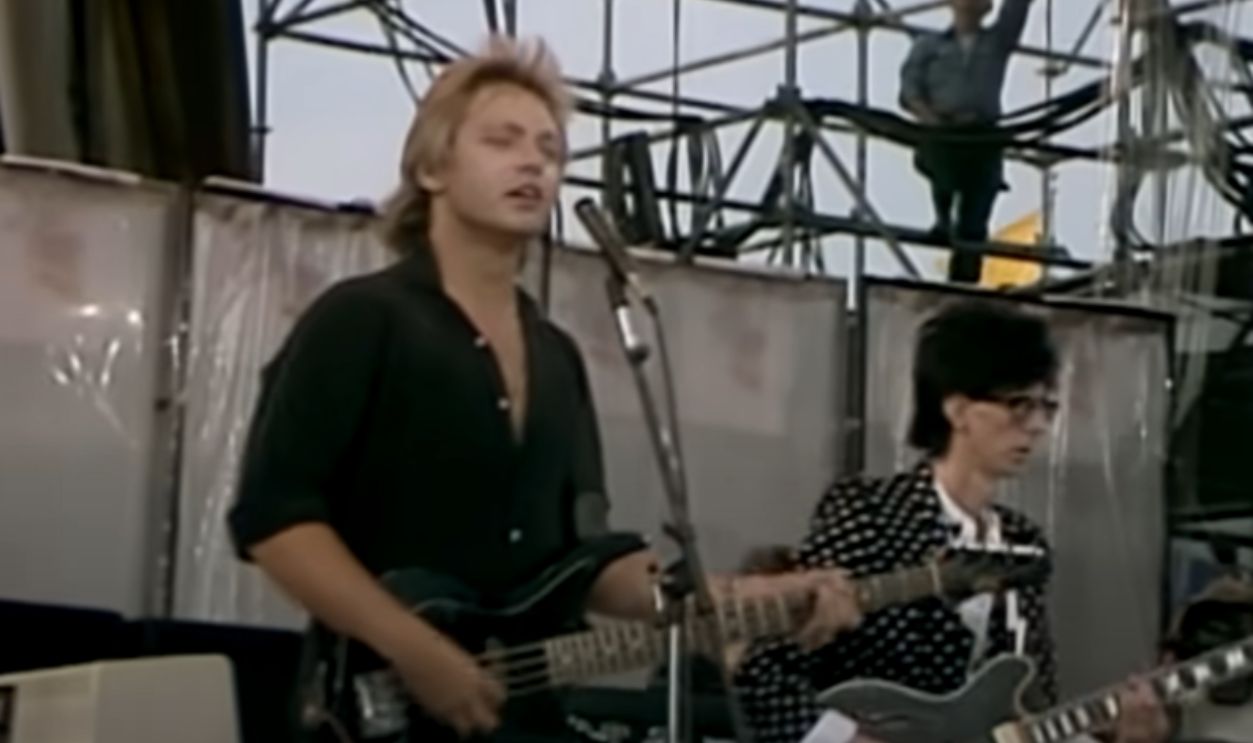 The Cars - Just What I Needed (Live Aid 1985) by Live Aid
The Cars - Just What I Needed (Live Aid 1985) by Live Aid
"Raw Power" (Iggy & The Stooges, 1973)
Iggy Pop and The Stooges delivered an unpolished, ferocious statement with Raw Power. Though it barely charted, it shaped punk and alternative rock. Iggy later reflected, “I didn’t have anything to prove except raw emotion.”
 N°1 - Iggy and The Stooges -Raw Power (Live Pression Live au Casino de Paris 2012) by Pression Live
N°1 - Iggy and The Stooges -Raw Power (Live Pression Live au Casino de Paris 2012) by Pression Live
"Songs of Love and Hate" (Leonard Cohen, 1971)
Leonard Cohen’s bleak but beautiful album didn’t chart high, but it became a cult favorite. Famous Blue Raincoat remains haunting. Cohen described it as, “a manual for living with defeat.”
You Might Also Like:
The Most Haunting Songs Ever Recorded
Songs That Instantly Take You Back To High School

